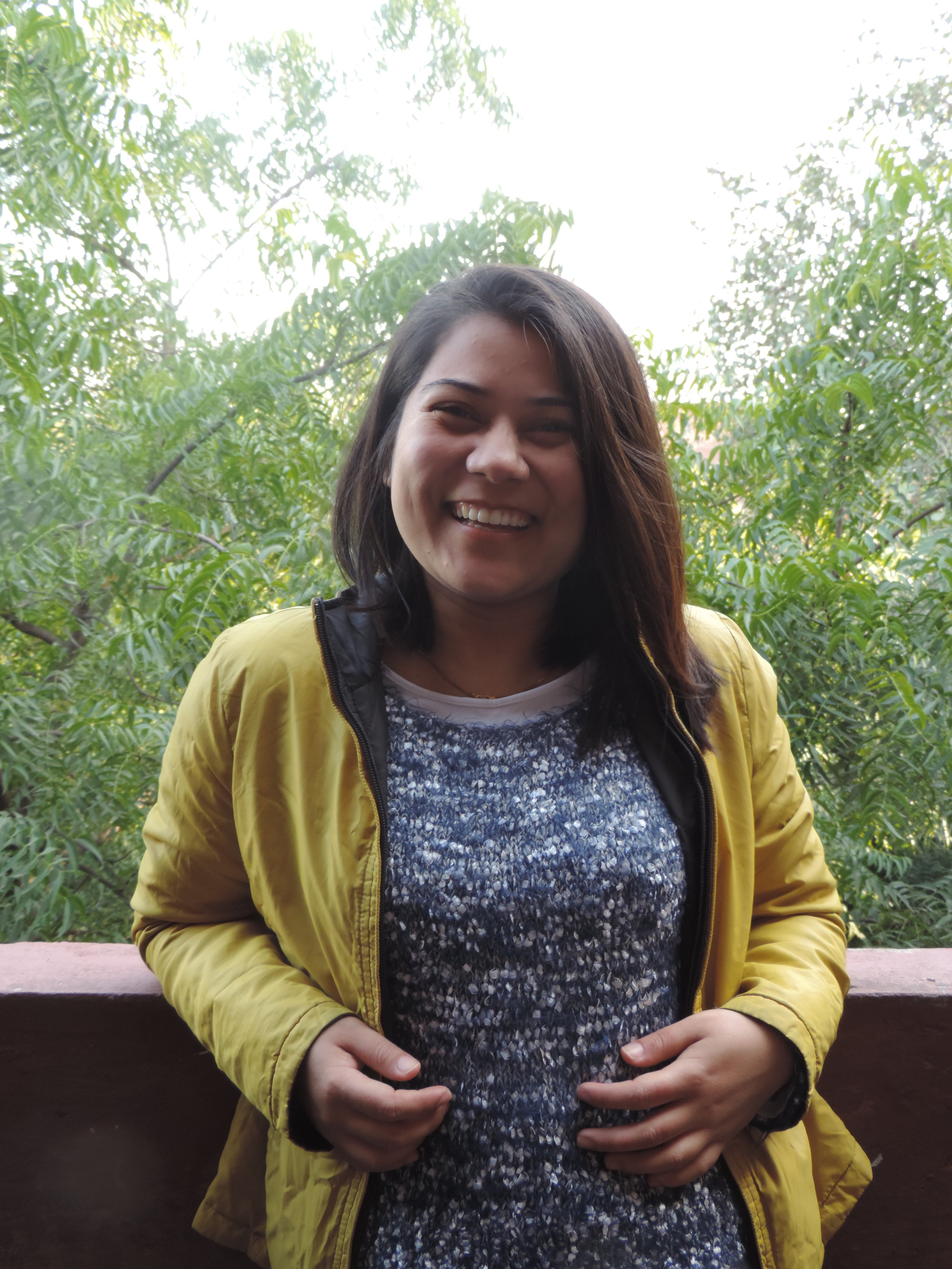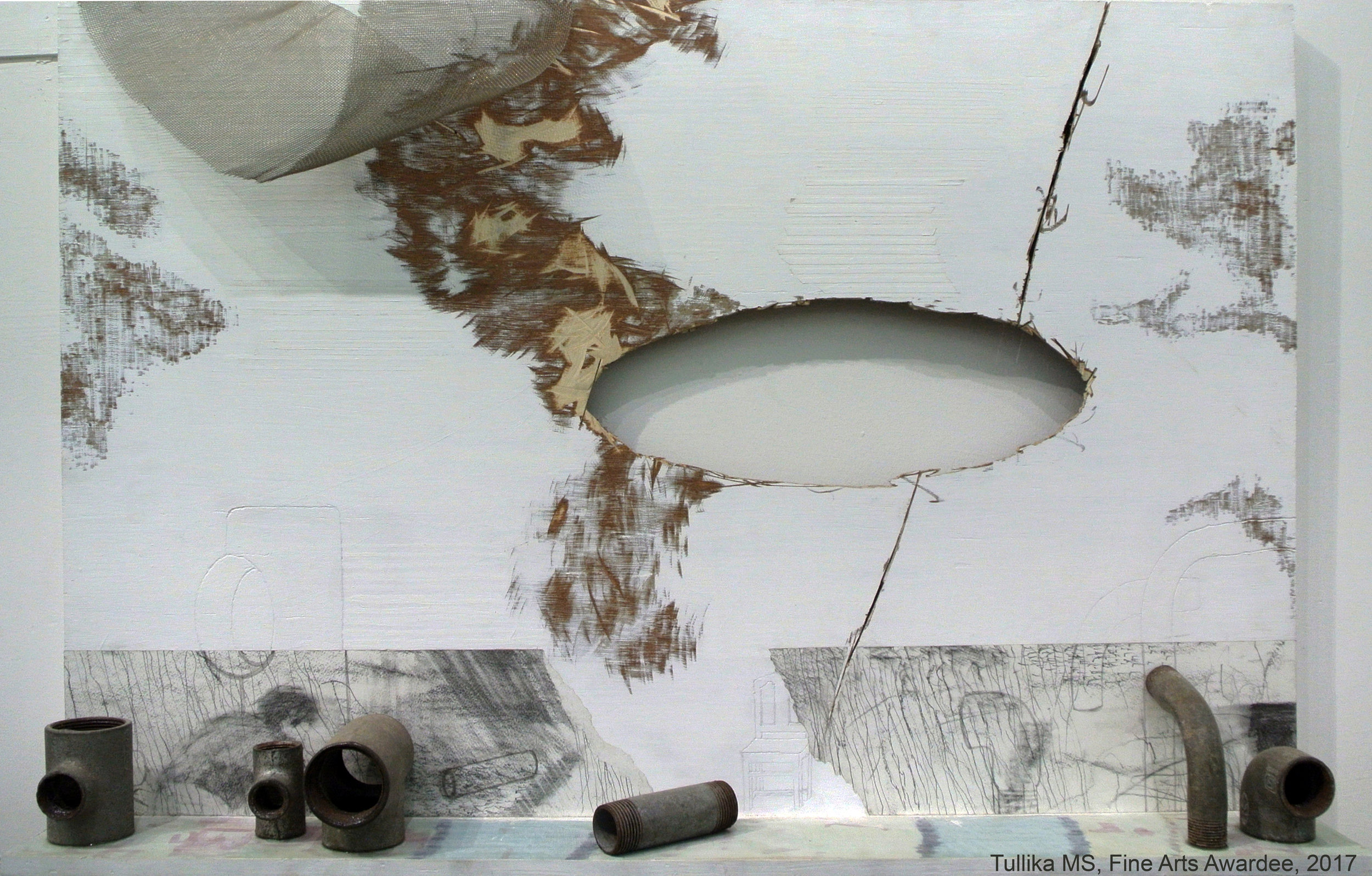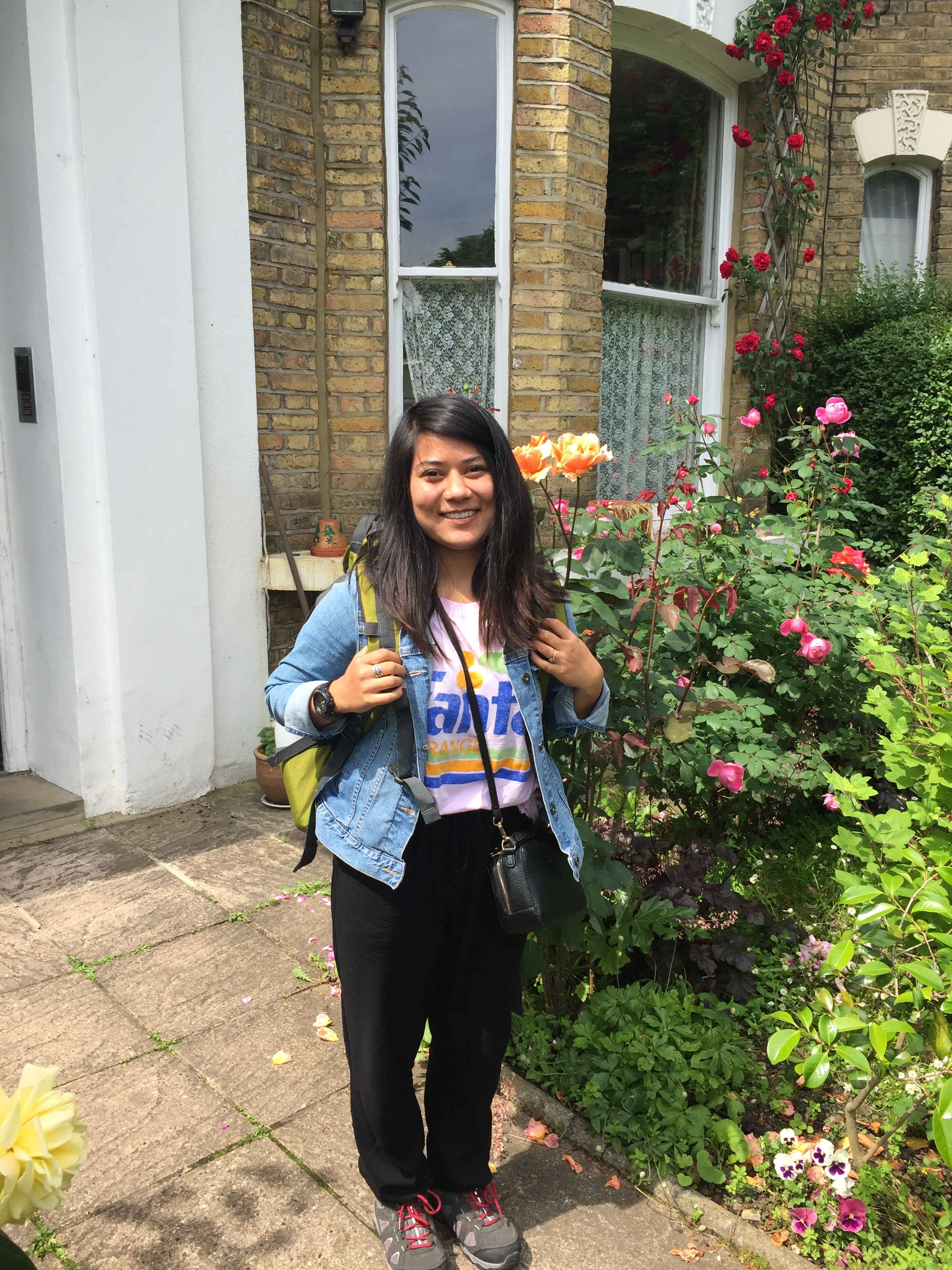Inlaks Research Studentship at King’s India Institute 2017: Mingma Lhamu Pakhrin
My name is Mingma Lhamu Pakhrin. I am a PhD scholar in the Centre of Historical Studies at Jawaharlal Nehru University, New Delhi. My PhD research project is titled ‘The Making of Colonial Darjeeling, 1830-1930’.
The Making of Colonial Darjeeling is largely about the history of colonial Darjeeling where it identifies the period of nineteenth century as a period of multifaceted transition. It explores the ‘individual history’ of a colonial landscape-Darjeeling, that occupied prime importance throughout the nineteenth and early twentieth century. Retracing the massive and rapid transformation Darjeeling underwent during this period, the thesis locates the ‘actors of transformation’. The emergence of hill station in the Indian subcontinent during the nineteenth century paved the way for the creation of a ‘space’ which allowed the Europeans to live separately from the ‘others’ and recuperate from the tropical diseases of the plains. The production of colonial Darjeeling was driven primarily by the need to establish a sanatorium for European convalescents. But what becomes uniquely evident is the co-existence of two ‘spaces’ in colonial Darjeeling. While one ‘space’ catered to the invalid European soldiers and convalescents, the other ‘space’ catered to the British Government’s need to conduct and monitor various transactions- economic, political and social. Hence, very soon colonial Darjeeling saw it transformed into a thriving Himalayan entrepot and a negotiated space for multiple stakeholders. By studying the process of production and development of such a dynamic ‘space’, the thesis attempts to interrogate such processes and uncover answers to the fundamental questions, such as, what was so different about Darjeeling than the likes of Simla, Ootacamund, during the nineteenth and early twentieth century? How and why did Darjeeling come to play an important role in the whole of the Eastern Himalayas during this period? What were the gradual consequences of the encounters that took place over a century in Darjeeling? And lastly, how does studying the landscape of Darjeeling make it an equally significant part of the both colonial and modern discourse?
I am very fortunate to have been selected the recipient of the Inlaks Research Studentship at the King’s India Institute, King’s College London. The Studentship provides a unique opportunity to not only work closely with a Supervisor, who shares great amount of interest in my area of research, at the King’s, but also to access and collect source materials required for my research project from various institutions in and around London. Moreover, the entire experience and academic exposure will prove extremely beneficial to the enrichment of my research project and my personal growth as a researcher.






